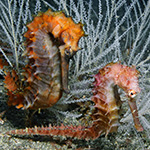
New Fisheries Centre Research Report takes in-depth look the route taken by eight seahorse species as they travelled through the Convention on International Trade in Endangered Species of Wild Fauna and Flora (CITES)’s Review of Significant Trade (RST) process.
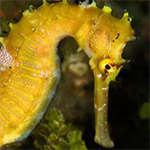
Project Seahorse is applauding Thailand’s decision to end seahorse exports until it can trade in a sustainable manner, without damaging their wild populations.
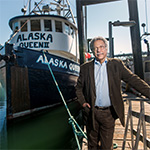
The University Killam Professor is the highest honour UBC can bestow on a faculty member. Dr. Daniel Pauly is an internationally celebrated fisheries scientist, professor in UBC’s Institute for the Oceans and Fisheries, and currently the Principal Investigator of the Sea Around Us Project.
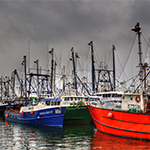
Tags: Climate change, Faculty, food security, IOF postdoctoral fellows, Nereus Program, OceanCanada, Rashid Sumaila, William Cheung
Global fisheries stand to lose approximately $10 billion of their annual revenue by 2050 if climate change continues unchecked
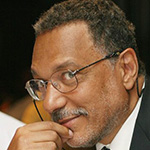
The Canadian Aquatic Resources Section (CARS) of the American Fisheries Society has named Dr. Daniel Pauly a "Legend of Canadian Fisheries Science and Management."
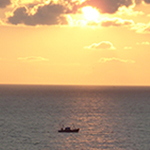
Tags: Climate change, Faculty, fisheries management, IOF postdoctoral fellows, Nereus Program, OceanCanada, Rashid Sumaila, Vicky Lam, William Cheung
Strengthening governance and closing the high seas to fishing increased the resilience of coastal countries to climate change, especially in tropical countries where there is a high dependence on fisheries for food and livelihood.
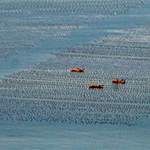
With an average growth rate of about 8.8%, aquaculture has proven to be the fastest growing agro-food sector in the world, however the industry has a bad image.
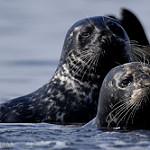
A promising new technique called DNA metabarcoding, can be used to identify specific marker genes in seal droppings.
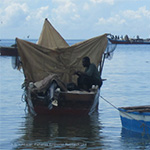
Tags: Faculty, fisheries economics, fisheries management, IOF alumni, Rashid Sumaila, Sea Around Us, Seminars and events
Fisheries scientists and experts from Mauritania, Senegal, Gambia, Cape-Verde, Guinea Bissau, Guinea, and Sierra Leone will attend a capacity-building workshop at UBC. Updates added.

In one of the largest global studies of its kind, researchers conducted over 6,000 reef surveys in 46 countries across the globe, and discovered 15 locations where there were a lot more fish on coral reefs than expected.